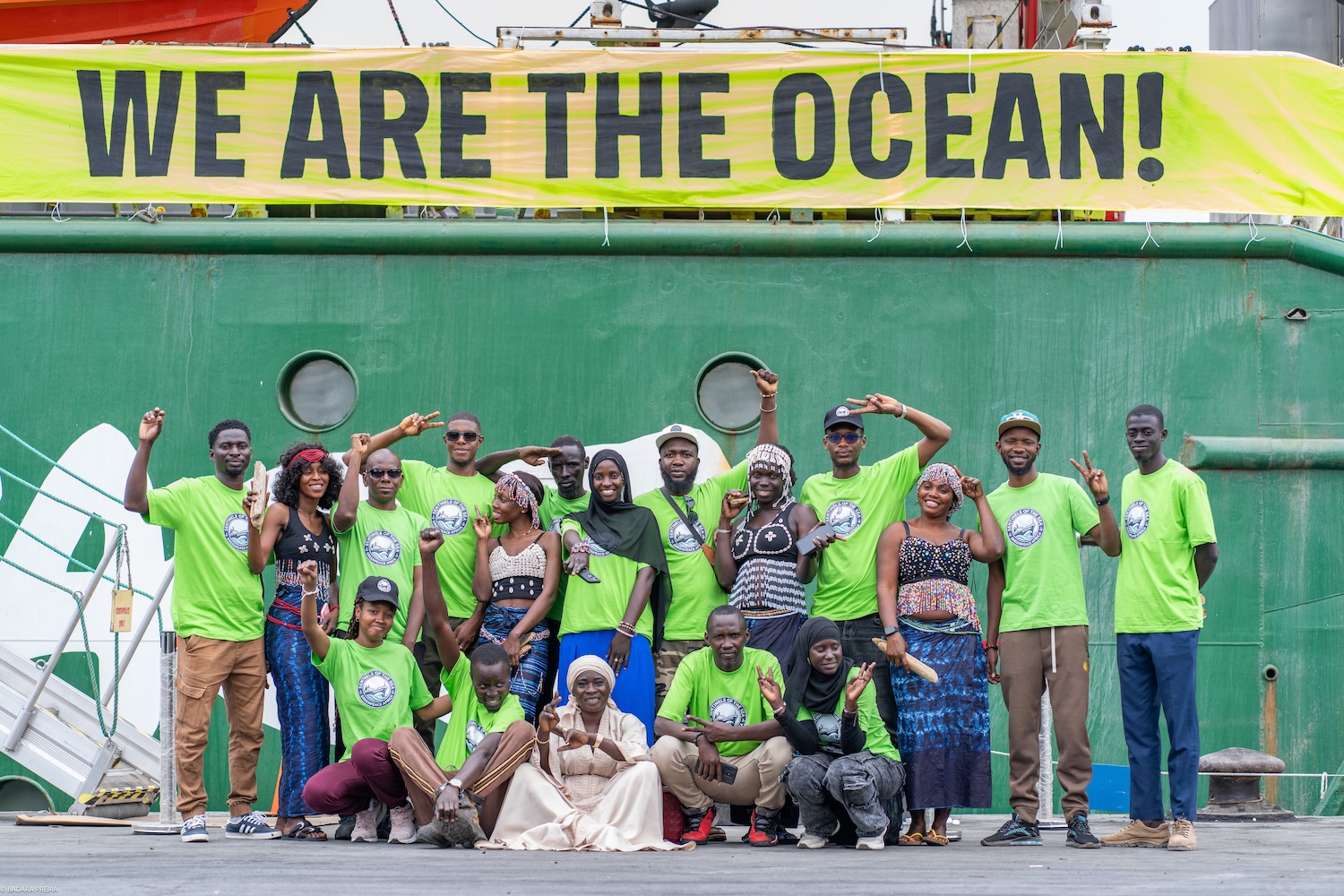Kenya is once again counting its losses in the wake of devastating climate-fuelled disasters. At least 32 people have died and dozens remain missing after a powerful landslide struck Elgeyo Marakwet County, following days of relentless rainfall that turned steep highland slopes into rivers of mud.
Even as rescue teams continue the grim search for survivors, another unfolding emergency has displaced thousands further south. Around Lake Naivasha, more than 4,000 families have been forced to flee their homes as water levels continue to rise, submerging schools, homes, farms, and sanitation facilities. Fears of contamination are mounting as sewage and agrochemicals spill into floodwaters, threatening both human and ecological health.
These twin crises, a landslide in the highlands and floods in the Rift Valley, are not isolated tragedies. They are symptoms of a growing pattern of extreme weather events that are reshaping lives and landscapes across Kenya. And at the heart of it lies a deeper truth: this is not nature’s wrath, it is the price of climate injustice.
From prolonged droughts in the Horn to floods in southern Africa, the continent is being battered by the effects of a crisis it did little to cause. Scientists have long warned that as global temperatures rise, rainfall patterns will become more erratic and intense, making landslides, flash floods, and rising lake levels more common.
The evidence is now undeniable. What communities in Elgeyo Marakwet and Naivasha are enduring today is part of a chain of climate-linked disasters that have struck the region over the past few years. Homes are being swept away, livelihoods destroyed, and thousands of families are left stranded, forced to start again with little support.
Yet while African communities shoulder the impacts, the global polluters driving this crisis continue to profit.
Africa contributes less than 4% of global carbon emissions, yet suffers some of the world’s worst climate impacts. That disparity is not just statistical, it is moral. It reflects decades of pollution, greed, and inaction by those who have benefited most from the extraction and burning of fossil fuels.
A few weeks ago during African Energy Week in Cape Town, Greenpeace activists staged a bold protest outside the venue, chaining themselves to a giant “payment machine” and demanding that oil and gas executives pay US$5 trillion in climate damages. Their message was simple and powerful: the polluters who created this crisis must be the ones to pay for it.
Even as fossil fuel companies tout “energy growth” across the continent, they continue to push for more oil and gas extraction, locking Africa into decades of dependency and destruction. Meanwhile, the continent holds some of the world’s greatest solar, wind, and geothermal potential, clean energy sources capable of transforming lives without destroying the planet.
The human toll of these disasters cannot be measured in numbers alone. It is seen in the faces of mothers searching for their children under landslide debris, in the families camping in makeshift shelters along Naivasha’s flooded shores, and in farmers watching seasons they can no longer predict.
This is not merely a climate issue. It is a justice issue. Those who did the least to cause the crisis are paying the highest price, while the corporations most responsible continue to profit from pollution.
Greenpeace Africa calls for:
- Polluters to pay: Fossil fuel corporations must be held financially and legally accountable for the destruction their emissions have caused. The polluter pays principle must become the cornerstone of climate recovery and adaptation funding.
- Government preparedness: Kenya must strengthen early-warning systems, enforce reforestation and land-use planning, and ensure safe resettlement for families in high-risk areas.
- A rapid transition to clean energy: Africa’s renewable potential must be harnessed to protect people, create sustainable jobs, and end the cycle of fossil-fuel-driven suffering.
What is happening in Kenya is a warning for the entire continent. As extreme weather intensifies, the need for climate accountability grows more urgent.
Communities like Elgeyo Marakwet and Naivasha should not have to pay for a crisis created in boardrooms and oil fields half a world away. If the world is serious about climate action, then those responsible must shoulder the cost, not those struggling to survive its consequences.It is time the polluters finally pay their debt.



